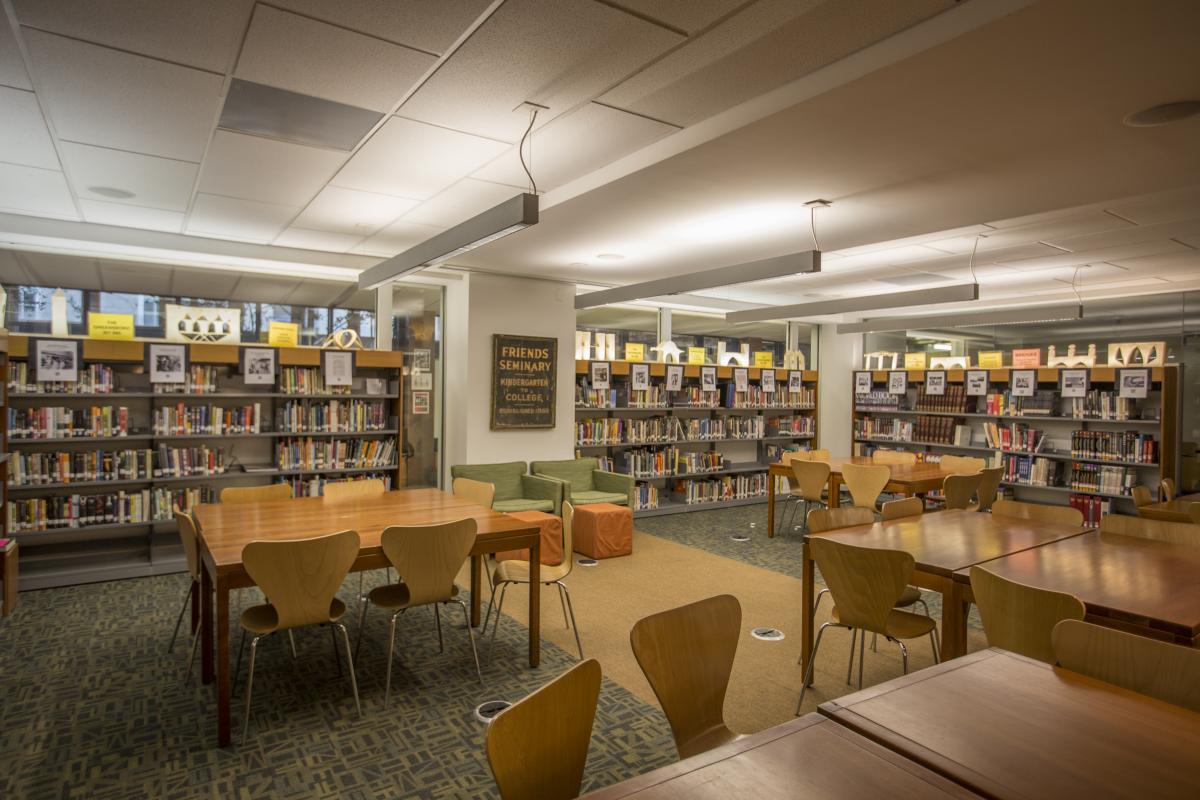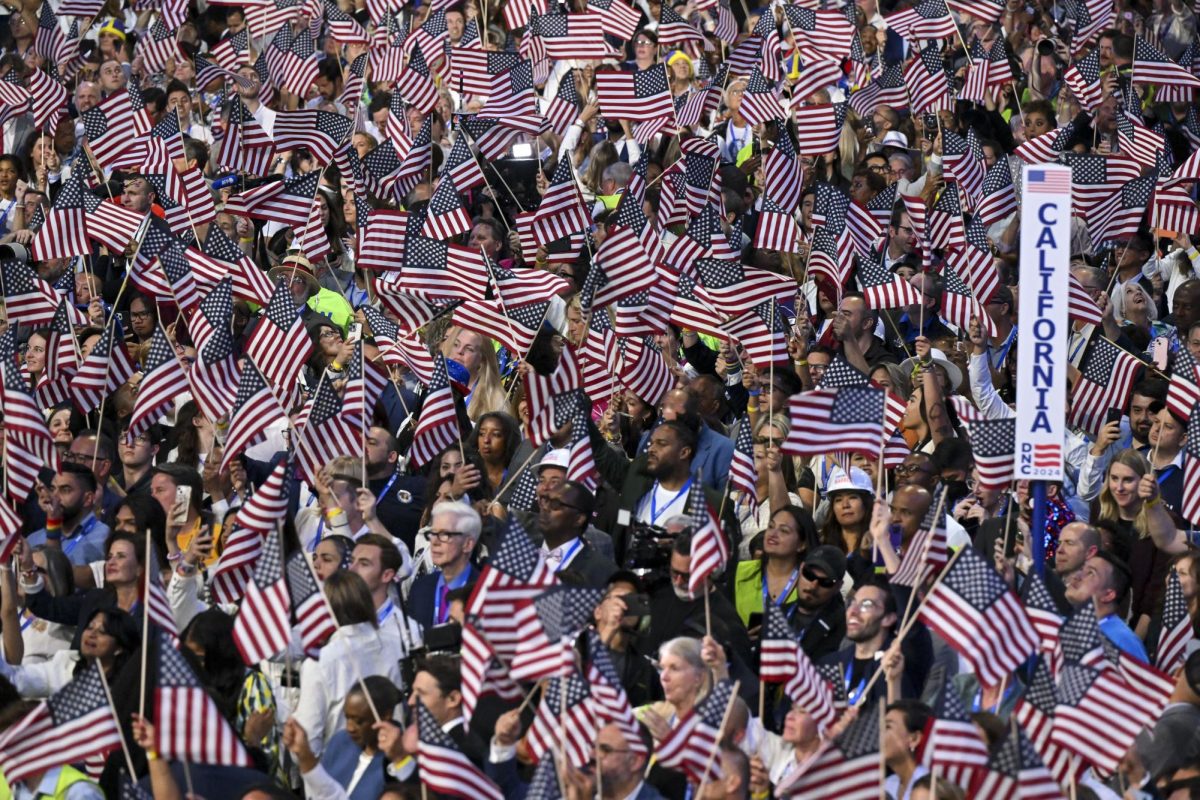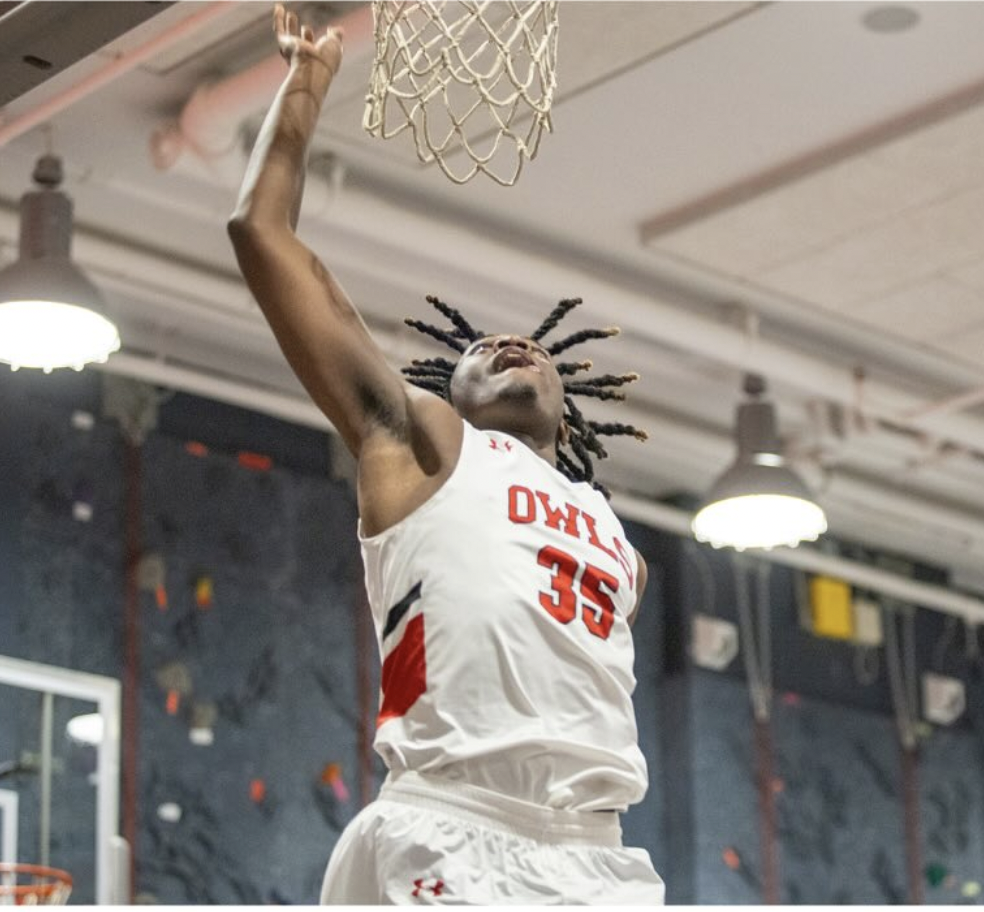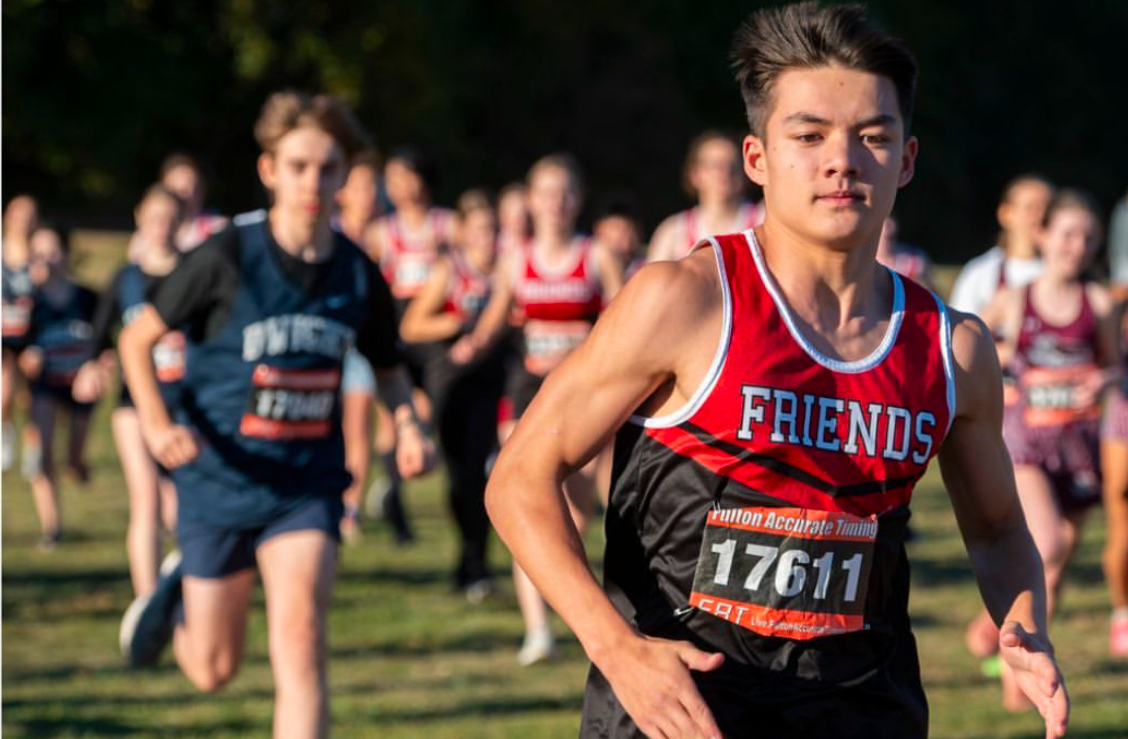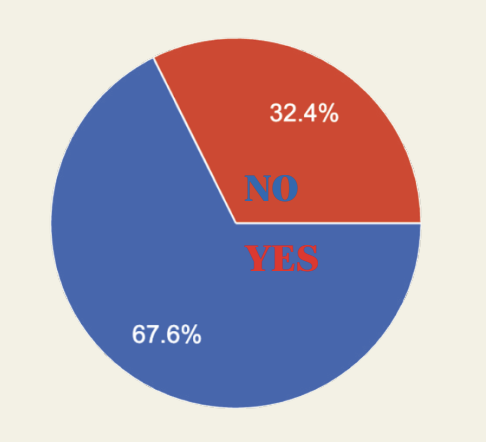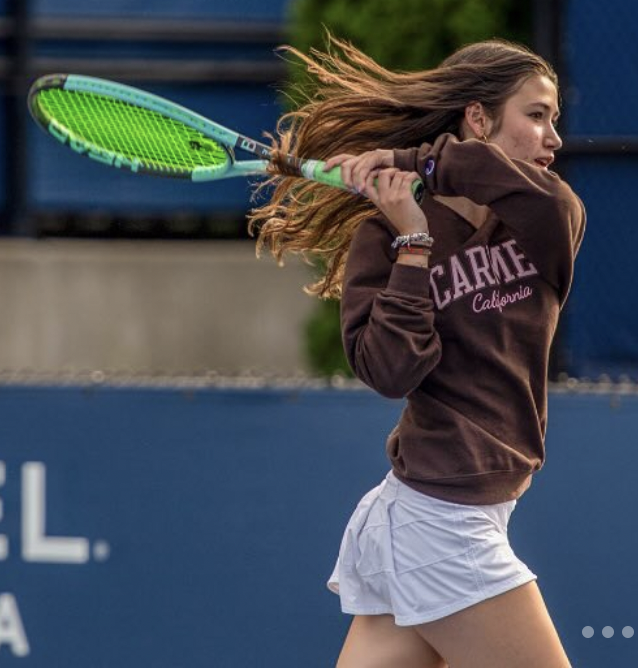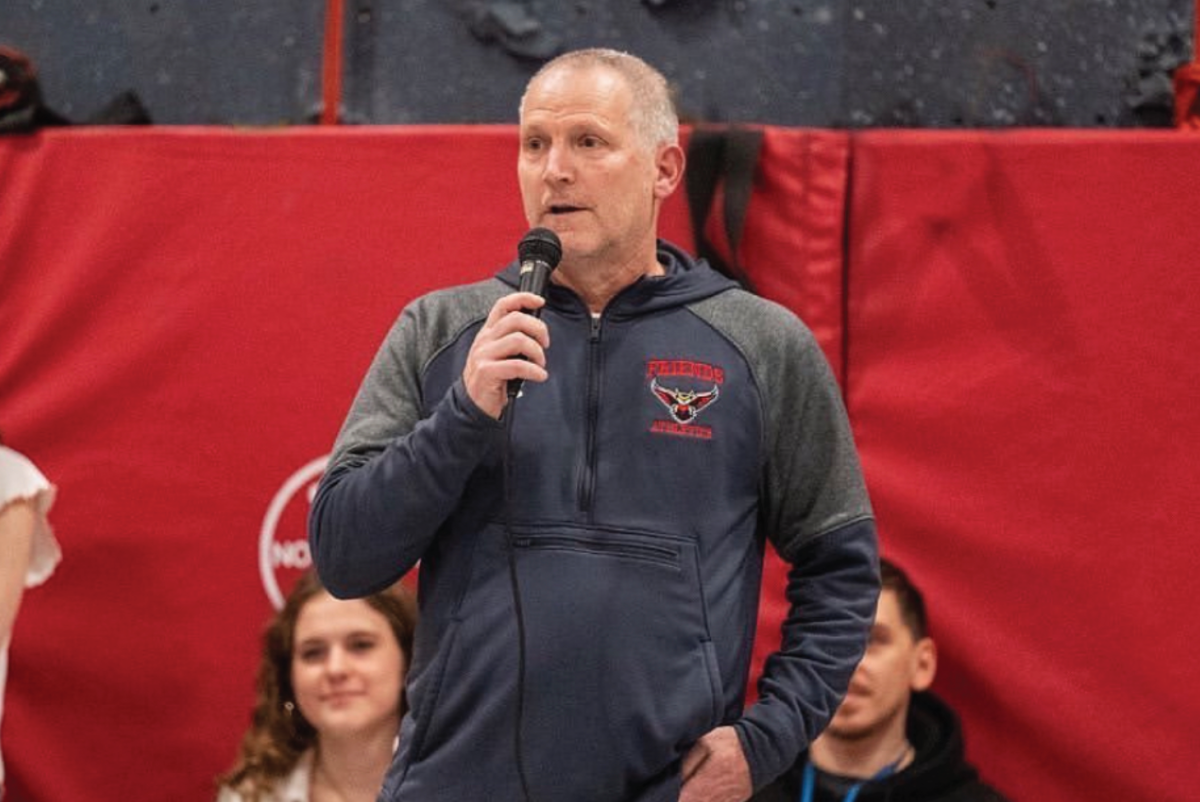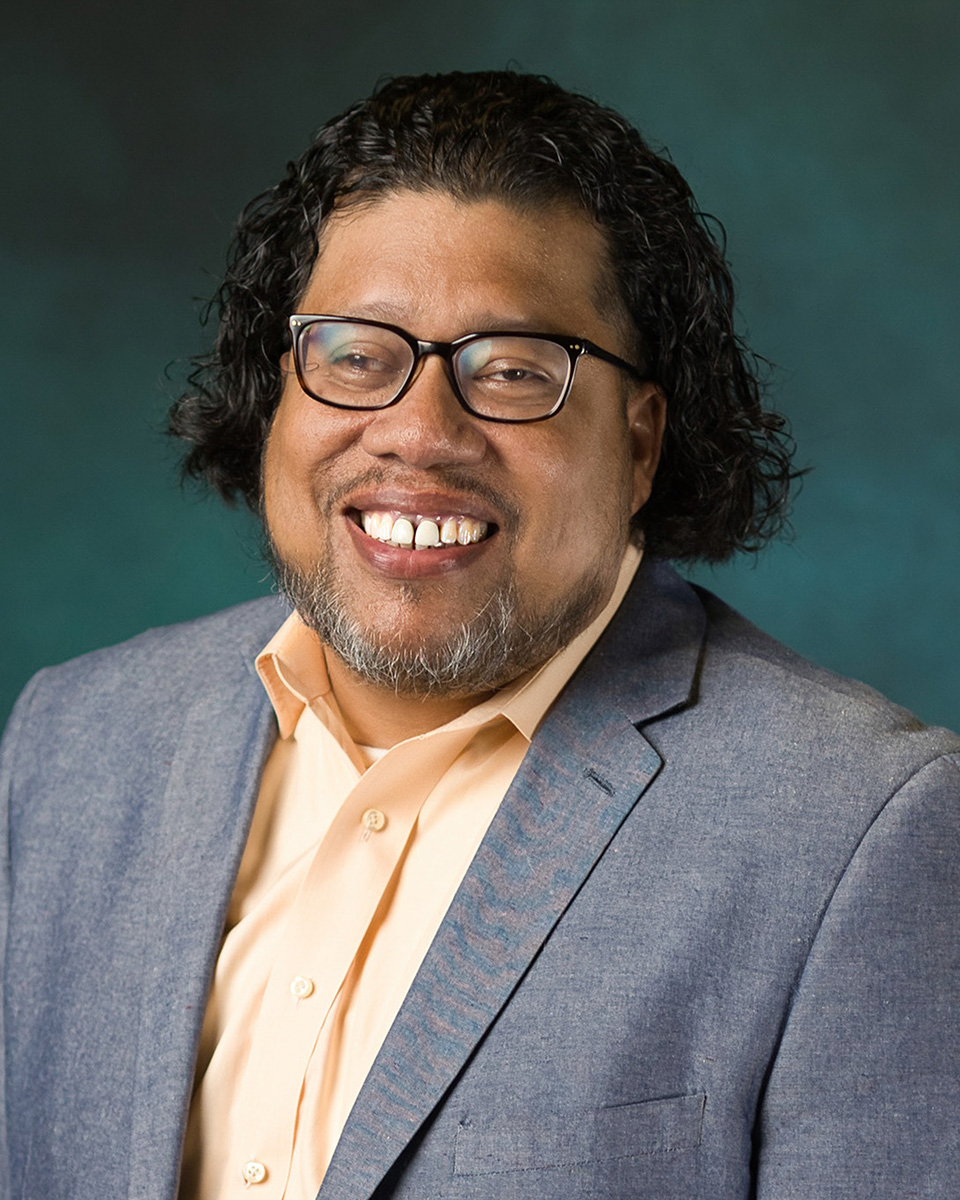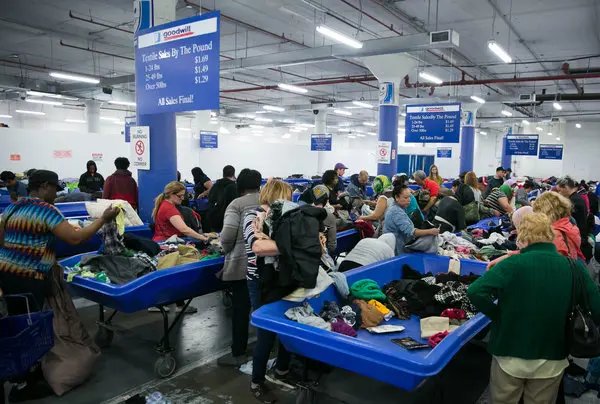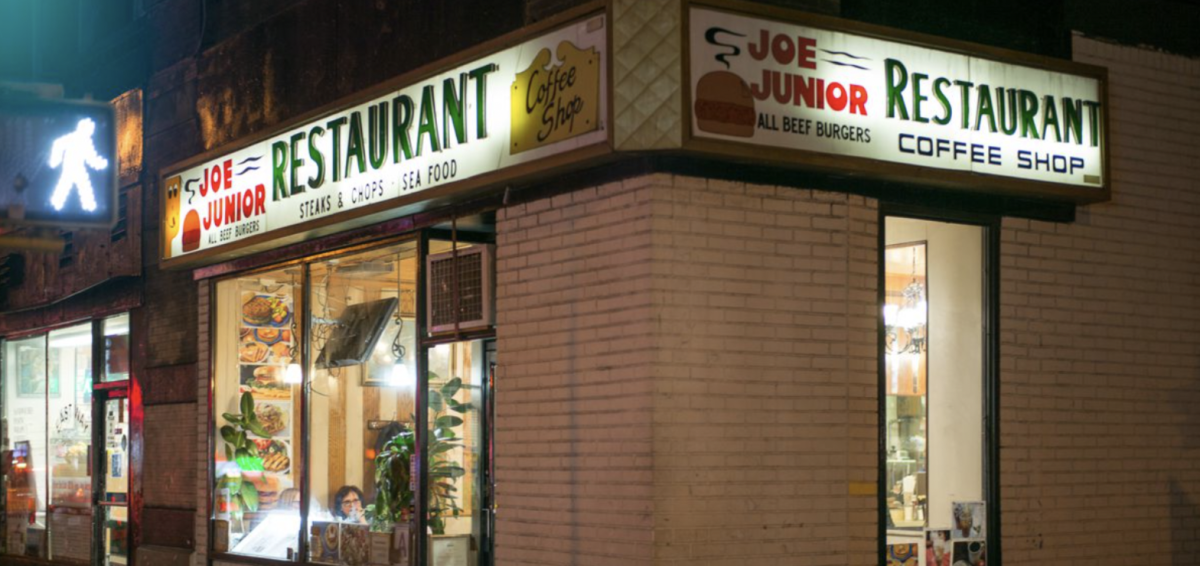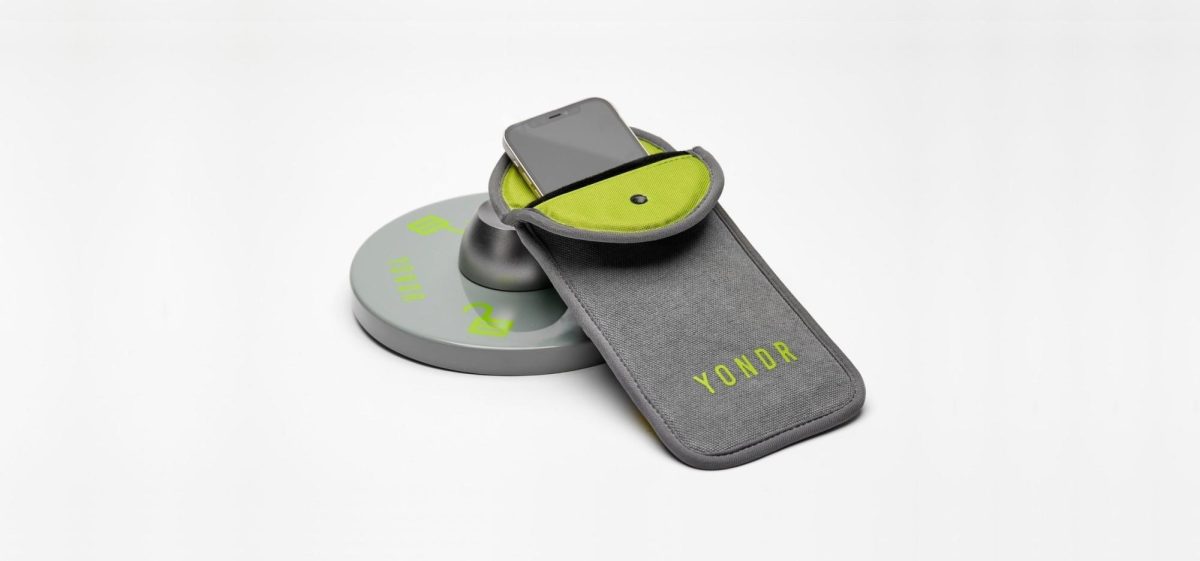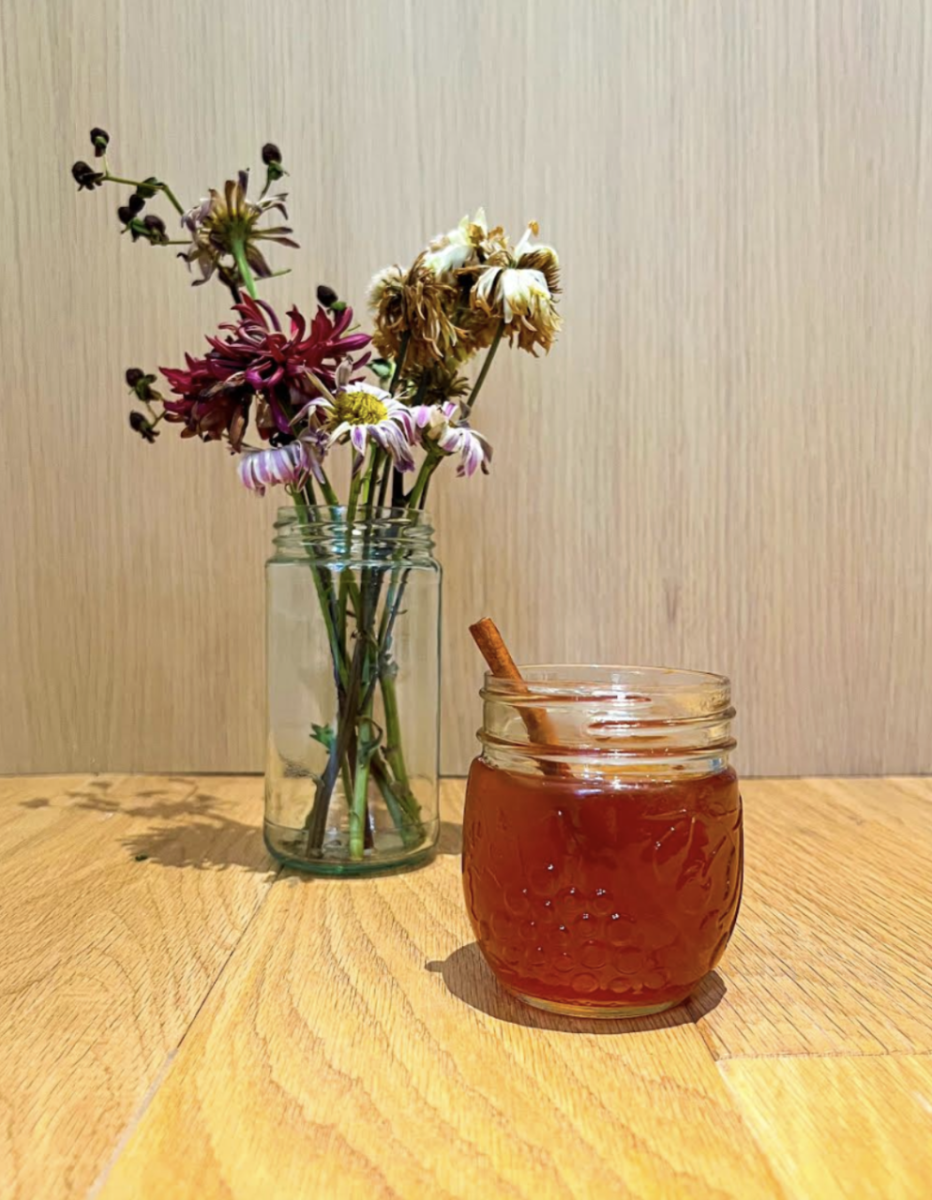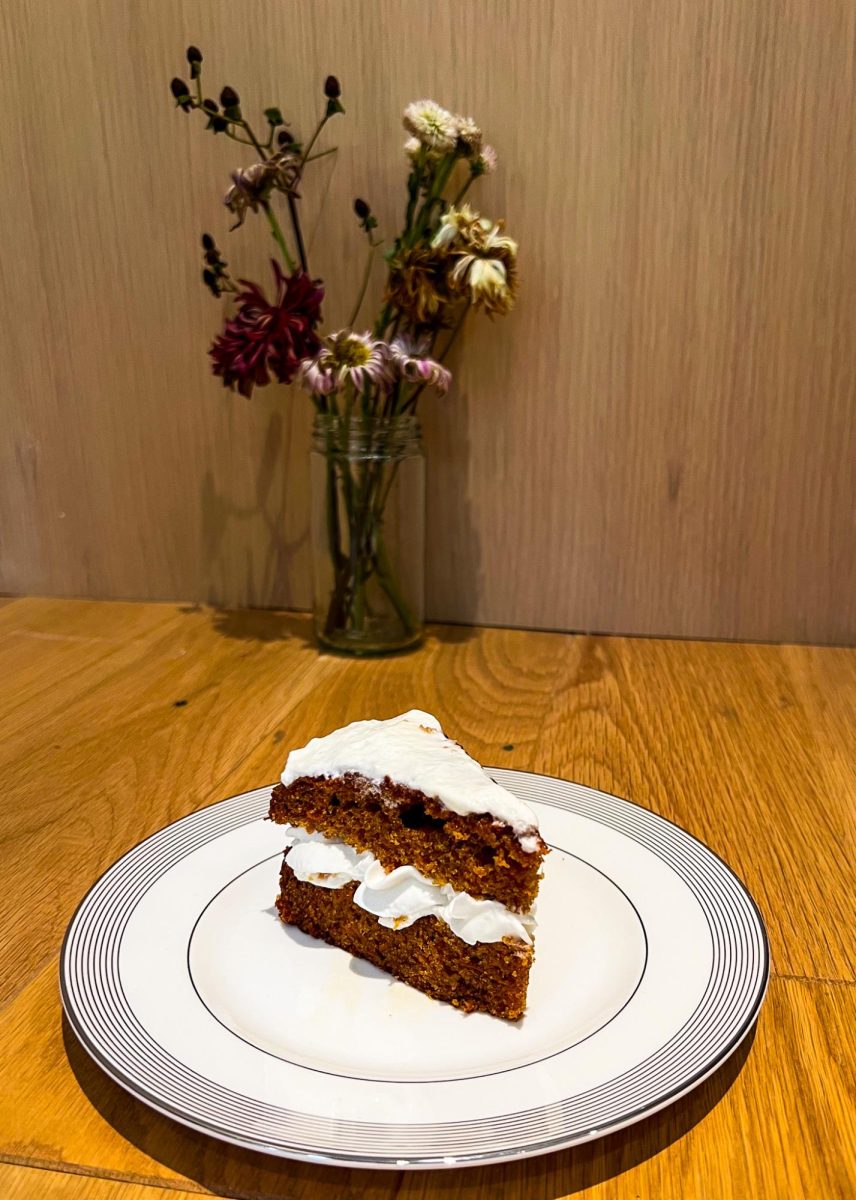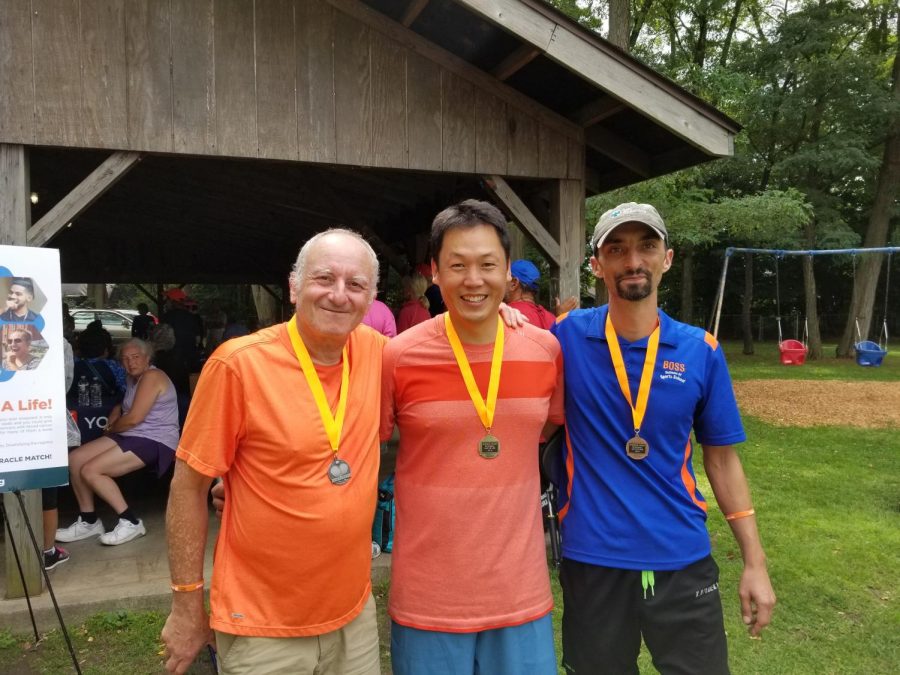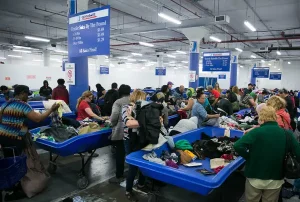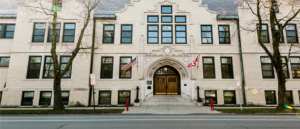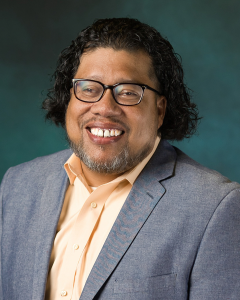Teacher excels in America’s fastest-growing sport
Shin stands with competitors in October 2019 after placing first in the Kingston Classic, a round- robin style doubles pickleball tournament in Kingston, New York.
June 5, 2021
Modern and Classical Languages Teacher Nelson Shin was in a recreation center in Upstate New York several years ago when he saw an advertisement for a racquet sport that looks like a hodge-podge of tennis, badminton, and ping pong. Its name invoked fond high school memories.
“I hadn’t seen that word in so long,” he said. “As you can tell, it’s a sport with a very funny name. I was excited.”
Shin – commonly known as “Señor Shin’’ among members of the community – has since become a pickleball aficionado. A long-time tennis player who first played pickleball in high school, Shin returned to the sport to exercise his racket skills at a competitive level and build relationships with enthusiasts across age groups and socioeconomic statuses. He is not alone: pickleball has been smashing pandemic boredom from Montreal to Florida, emerging as the fastest-growing sport in America.
Founded in the mid-1960s in Washington State by Joel Pritchard – who later became the state’s Lieutenant Governor and served in Congress – and a few friends to entertain their kids, pickleball was first played with a badminton net, a Wiffle ball, and ping-pong paddles. The family eventually lowered the net and created rules, with the prevailing origin story saying that they named the game after their dog, Pickles, who made a habit of stealing their ball. Pritchard has since said that Pickles did not join their family for more than a year after the game was created, but that he was advised to support the popular myth because it was a more exciting tale.
Ten years after its founding, the first pickleball tournament was held. The game continued to grow in the Pacific Northwest and the Southeast and by 1990 it was being played in all fifty states. The USA Pickleball Association (USAPA) was formed in 2005, and by 2019 its membership had grown to almost 40,000 members, a tenfold increase from 2013. In the Hunter Hall Gym at Friends Seminary, students even play pickleball during fitness classes.
In the past year, the sport has become increasingly popular for the same reason it was founded: to fight boredom. As social distancing restrictions canceled sports seasons and closed gyms, the BBC reports that pickleball participation grew by 21.3% among Americans. The Economist reports that demand was so high last March that portable pickleball nets were temporarily sold out. Now, country clubs are repurposing their tennis courts into pickleball courts, tennis manufacturers are making pickleball gear, and racquet pros are offering lessons. The sport has also spilled across the northern border and into other countries, with membership in Pickleball Canada growing from 5,000 to 22,000 players in just five years.
“It’s growing like crazy in other parts of the world too,” Stu Upson, Chief Executive of the USAPA said in an interview with the BBC in March. “There are 37 countries that are part of the International Pickleball Federation. That’s more than double where it was 18 months ago.”
The sport’s appeal is tied to its simplicity. Nets can be set up in driveways, and unlike tennis, where high-end rackets can sell for upwards of $300, the few necessary pieces of equipment – a net, ball, and racket – tend to be cheap. Shin said that the sport’s low cost and limited equipment inspired his Physical Education teacher to bring the sport to Whippany, New Jersey in the eighties after watching a pick-up game in Florida. “One of the things about pickleball that makes it really great for kids to play is that the equipment is pretty simple,” Shin said. “And so the costs were very low.”
Shin’s teacher set up six nets in his high school’s spacious gym and divided the students by their skill levels. “The accelerated kids were on two courts, and the kids who had some talent were in the middle two courts,” Shin said. “The other people who just didn’t necessarily get dressed for gym, or didn’t want to play, were on the other sets of courts.”
Shin, whose mother had instilled in him a love of racket sports, had already become an avid tennis and ping-pong player. He naturally found himself in the accelerated cohort with most of his friends. “It’s a pretty seamless transition from tennis to pickleball,” Shin said. “ It’s fun picking up a new sport and being good at it instantaneously.”
Shin escaped class to break a sweat over pickleball games for all four years of high school. Despite playing every other school day, Shin remembers being regularly disappointed when he had to miss P.E. once a week for his honors science class. “We all loved playing pickleball,” he said. “And when we had science class, we were so bummed.”
After graduating high school, Shin left pickleball behind as he became increasingly involved in tennis, competing nationally with the United States Tennis Association (USTA). But Pickleball had made an impression on him: “If I look back, I might’ve said tennis is more nuanced, difficult, and challenging, and pickleball was just a fun activity,” he said. “But it stuck with me.”
While recovering from tennis-related injuries over the summer in Upstate New York, Shin found the opportunity to reimmerse himself in his high school pastime after following up with an advertisement in a recreation center. By the time he returned home to New York City, Shin was hooked. He sought out opportunities in Long Island, and as he started playing regularly he considered entering tournaments. “People would see me play and they would say, ‘Hey, do you want to play a tournament with me? You want to do this tournament?’” he said.
Shin excelled in local competitions, and he began to think even bigger. “I was getting good results,” he said. “I started thinking I should test my skills at a more regional and national level.” In 2018, he entered the Atlantic Regionals Championships along with a partner he met only days before – and won. The Victory gave him a ticket to nationals, which he turned down because it interfered with his teaching schedule.
Shin, however, was still both playing tennis and pickleball – often on the same day – and he found himself hitting tennis balls harder than he usually did. He had excelled and been invited to national tournaments in both racquet sports, but he began to question whether he could commit to them at the same time. “You have to generate a lot of force in pickleball,” he said. “So it’s easy to hit the ball out.”
Shin’s decision came down to two closely related factors: culture and cost. In the USTA, he had to pay hefty membership and tournament fees. Pickleball was free and the equipment was accessible. In the USTA, fees excluded those who couldn’t pay to play. Pickleball was open to all, and it introduced him to people from an array of backgrounds and socioeconomic statuses.
“I had wonderful friendships from the tennis community,” Shin said. “But when I played tennis in the USTA, I knew people weren’t necessarily on any financial aid. You had to pay a certain fee to be a part of the club and a general fee to be a part of the USTA. That sort of system limits people from playing.”
Pickleball is open to everyone. Shin said that two of his partners have been plumbers he doesn’t think he would have otherwise met. “Because of the affordable aspect of pickleball, you meet people from all walks of life,” Shin said. “I think sports can do that in general, but it’s especially true in pickleball. It’s a great equalizer.”
Age is another divider that pickleball dismantles. Shin said he regularly sees teenagers on the pickleball court with much older players. “In tennis that might happen in a family situation, but certainly not in a recreational setting,” Shin said. “And when you see 15 or 16 year-olds playing with adults who are in their seventies or eighties, that’s beautiful.”
The sport’s accessible nature is conducive to a welcoming environment, Shin said. When he travels, he will bring his pickleball equipment and find pickup games on the USAPA website. “You can find any pickup game and be more than welcomed,” Shin said. “I’ll go to a local community center, firehouse, or an abandoned skating rink to play pickleball. It’s a wonderful experience.”
Shin emphasized, however, that the sport’s good-natured style does not detract from its seriousness. He participates in highly competitive tournaments, with events usually lasting twelve hours, and plays with partners that have traveled from across the country. “It’s quite serious – it isn’t any less serious than the USTA,” he said. “Most of my partners are coming from different parts of the United States and the tournaments are quite intense.”
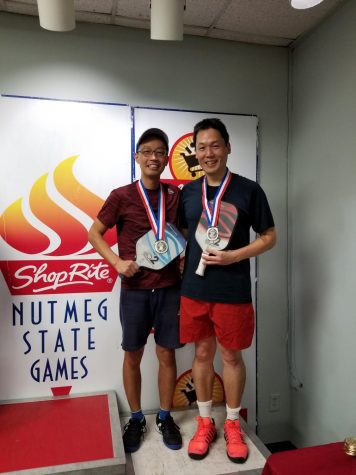
Shin and others even speculate that pickleball may become an Olympic sport. “I think at one point, probably in the next ten years, it will become an Olympic sport,” Shin said.
Upson agrees with Shin’s assessment but points out that to be recognized by the International committee, they will have to form federations in at least 70 countries. There are currently 27 countries with pickleball federations. “We would love to become an Olympic sport,” Upson said. “I think it’s reasonable that pickleball could become an Olympic sport – but it’s not going to be in the next four or eight years.”
And while the pandemic has made the at-home play more popular, it has limited pickleball’s competitive circuit. Tournaments have been canceled and courts have been closed. Shin was registered to play in regionals again, but the event was repeatedly postponed due to social distancing restrictions.
Outdoor play tends to be safer than indoor play, and Shin said that some of his friends shoveled snow at outdoor courts over the winter to compete. “Diehards did that, but I don’t want to,” he said. He further clarified that he didn’t resist shoveling snow to play wasn’t because of the cold: “Oh, no, no, I don’t mind the cold,” he said. “ I just don’t want to slip.”
As pandemic restrictions relax, vaccination rates increase, and the warm weather moves in, Shin is hopeful he will have more opportunities to compete. He is signed up to participate in the US Open in Naples next year.
The language teacher and racquet sports expert had simple advice for anyone who wants to get involved in pickleball: “have a positive attitude,” he said.
To improve, he said that new players should focus on skills like balance, agility, and volleying techniques. He recommended that they find a group of players at a similar experience level and watch videos with examples of technique and advanced levels of play.
Shin himself said that he intends to continue immersing himself in pickleball after the pandemic. “With each passing year, I think I will get more involved with the sport,” he said. He mentioned that some of his high school buddies have started considering returning to their high school hobby as well. “I told some of my buddies in high school about my re-entry into pickleball, ‘’ Shin said. With a smirk, he continued: “they were very envious.”

